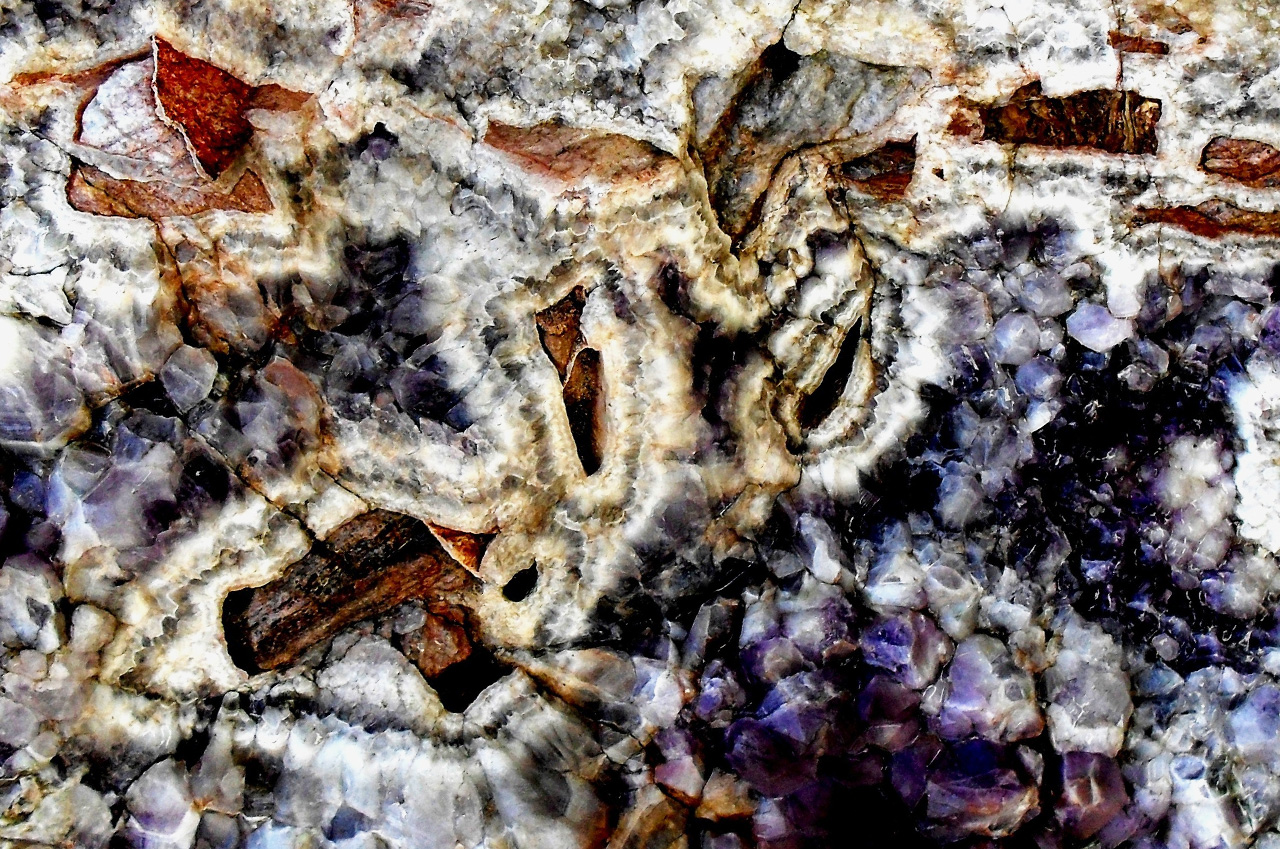
- Geology Career Pathways
- Careers
- Career Profiles
- Organic Geochemist

Organic
Geochemist

James
Organic Geochemist: NASA Postdoctoral Program Fellow at Goddard Space Flight Centre
Organic geochemistry is a broad field that encompasses subjects such as petroleum geology, the origin and history of life on Earth and present-day environmental studies. Typically the goal is to understand how organic molecules and petrology interact (i.e. understanding how organic molecules can be incorporated and preserved in the rock record and what they can tell us about the processes that formed them). My research is focused on improving our understanding of how organic molecules could be preserved on Mars and how best to extract these compounds from sediments and analyse them.
Conducting robotic field work on Mars is extremely challenging, both in terms of engineering and for making scientific interpretations. Laboratory instruments need to be miniaturised, operate on a limited energy source and not malfunction after being flown 55 million kilometres away to another planet. I carry out experiments in the laboratory to see how minerals can help or hinder the analytical techniques that flight instruments use in the search for Martian organic matter.
What are your qualifications?
MSci in Geology from Imperial College London
PhD in Organic Geochemistry from Imperial College London
What sort of organisation do you work for; do you have many colleagues?
I work at NASA Goddard Space Flight Center with my contract awarded by the Universities Space Research Association. Goddard has approximately 10,000 employees, with my specific research group having around 30-40 people. I am also part of the Sample Analysis at Mars (SAM) team, who work with the SAM instrument on board Curiosity Rover. This team is spread over several NASA centres and universities and includes many foreign national scientists.
Do you travel within the UK or overseas often?
Being based overseas is a lot of fun, it can be challenging at times but overall it is a life changing and eye opening experience. Many of the major conferences in my field are based in the US so I have travelled to conferences such as AGU, LPSC and AbSciCon. There are also rover team meetings every six months. In addition, I try to fit in personal travel when I can as America is a great place to explore, particularly if you’re a geologist!
Apart from formal qualifications, what other skills or characteristics do you need?
If you are interested in doing a PhD and pursuing a research career I would say the most crucial thing is that you work on a subject you feel very passionate about. An experiment that works and gets you a publication is almost always built on a foundation of experiments that failed so you need that passion to pull you through the challenges of research. I think it is important to be somewhat tenacious and independent but also to know when you need to seek support academically or for personal issues and from whom to get it.
It is essential that you work with a PhD supervisor who will nurture your career, provide effective guidance and support and look out for you. Before you commit to a project ideally you should visit the institution and talk to your potential supervisor’s current students and colleagues in private about what they are like to work with. If a visit is not possible you can still do this through email or a video call. In summary, as well as being passionate and driven you should be as informed as possible about your future department and supervisor.
What do you enjoy most about your job?
Working at NASA and on active planetary exploration missions is both amazing and surreal. A mass spectrometer that will one day be on Mars is being built in a laboratory about ten metres from my office. Until it shipped to Houston I could go and see the James Webb Space Telescope being assembled in a giant clean room. Goddard is a very exciting and collaborative environment. It’s awesome to be part of a research team that processes data and images from a whole other planet.
What are your shift patterns like for a regular working week?
Typically I work a 9-5 shift but there is some flexibility, so I can start at 10 and finish later for example. The biggest challenge is finding the hours to finish the remaining publications from my PhD so I typically set aside some time at weekends to do this.
What position would you like to hold/where do you see yourself in 5 years’ time?
I am really enjoying my time in America so ideally I would like to stay here longer then my current contract, which ends in mid-2018. I plan to be part of a research proposal that would keep me at Goddard for longer but will also look into options in academia. If America doesn’t work out I will also look at academic roles in the UK and potentially still partake in active missions as a participating scientist.
What advice or information do you wish you’d had before starting this career?
Despite what your colleagues and peers might say you shouldn’t aim to publish ten papers during your PhD. Focus on getting one or two solid papers submitted or published before you graduate and they will make finding a post-PhD career much easier whilst maintaining your sanity.
Organic
Geochemist